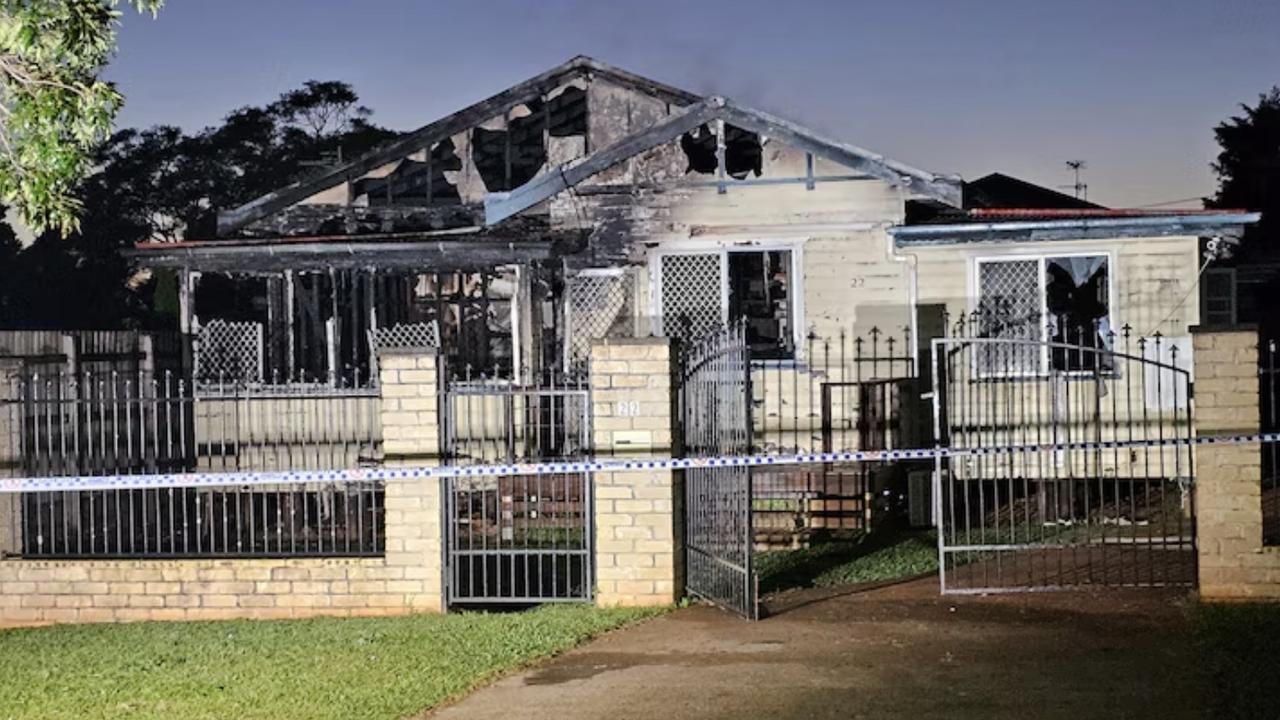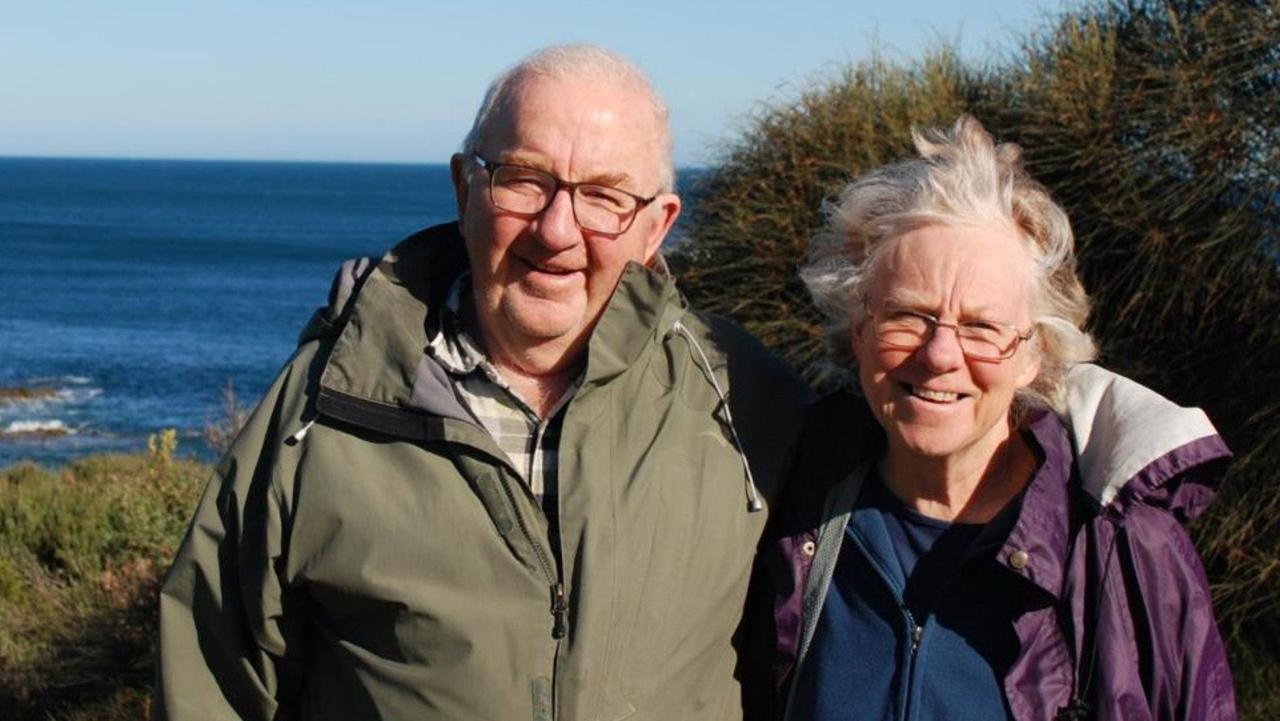PM Anthony Albanese will reach out to Coalition to ‘maximise support’ for Voice legislation
A defiant Anthony Albanese has extended an olive branch to the Coalition on the detail of the Voice declaring Australians have “nothing to fear” by backing the referendum.
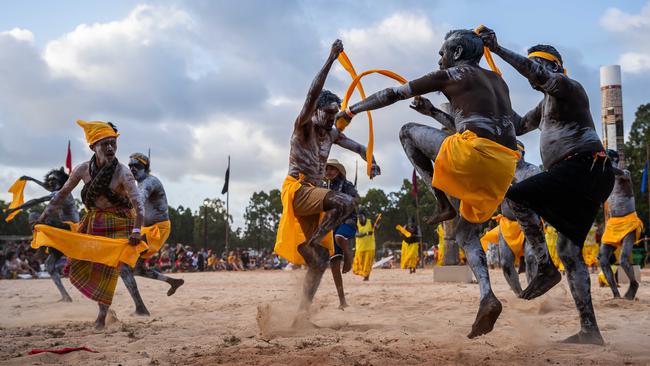
National
Don't miss out on the headlines from National. Followed categories will be added to My News.
A defiant Anthony Albanese has extended an olive branch to the Coalition on the detail of the Voice declaring Australians have “nothing to fear” and “everything to gain” by backing the referendum.
The Prime Minister said he would seek broad input – including from his political opponents – following a successful referendum, in order to “maximise support” for the legislation establishing the size, function and powers of a Voice advisory body.
In an exclusive interview Mr Albanese hit back at No campaigners’ attempts to paint the Voice as a first step toward a radical version of Indigenous treaty making, slamming the reuse of scare tactics from historical land rights debates.
Unfazed by declining support for the proposal in national polling, the PM said he was confident a short and sharp official campaign would draw Australians “focus” to the question and deliver a Yes result.
“I think people do want to see Indigenous Australians have the same opportunity as non-Indigenous Australians, they do want to Close the Gap,” he said.
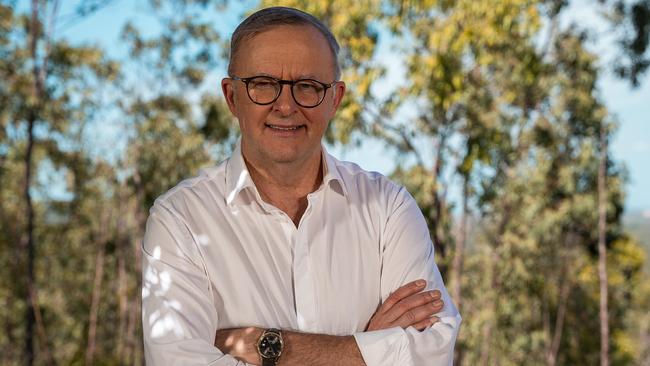
“But if we do the same thing, we should expect the same outcomes.
“That’s why Australians have an opportunity to either vote No for the status quo, or Yes to reach for the stars, to go through a better way.”
If passed, the constitutional amendment only mandates the creation of a Voice, while the parliament would be left to approve its final form.
Mr Albanese said a Yes result would be an endorsement for renewed political co-operation to design the body and address Indigenous disadvantage, confirming he would invite Opposition leader Peter Dutton’s input.
“We should want to maximise the support in parliament for the legislation and for that detail to be worked through … certainly I will seek bipartisan support,” he said.
Mr Albanese said while the amendment allowed the parliament to change the Voice over time, he wanted to get it as “right as possible” from the beginning.
After a week of parliament under sustained pressure to clarify his government’s position on progressing toward treaties with Indigenous Australians, Mr Albanese said the questions linking the Voice and a Makarrata Commission were a “political tactic to raise fears with people” about losing land or paying compensation.
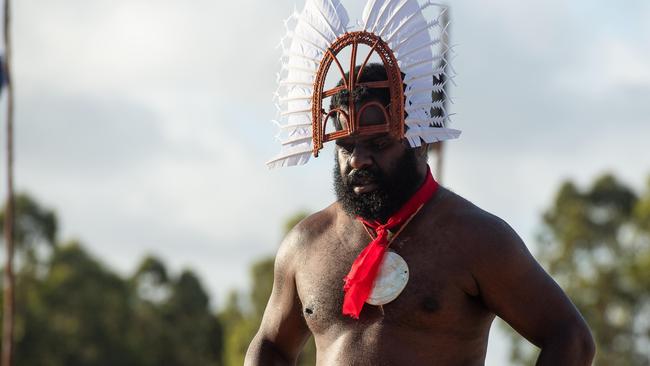
“The very idea of Makarrata is a Yolgnu word for coming together after conflict, after struggle,” he said.
“That’s all it means. Coming together, having conversations. It’s a sensible thing.”
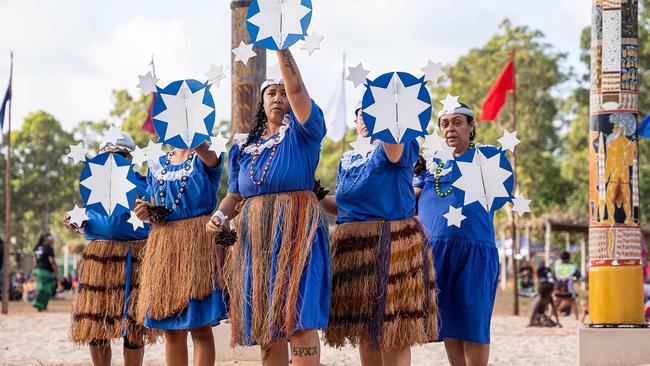
Mr Albanese said Australians did not have to look far for examples of bipartisan support on treaties, noting Queensland Liberal National Party leader David Crisafulli this year described treaty as “a genuine opportunity” to improve the lives of Indigenous people.
Tasmanian Liberal Premier Jeremy Rockliff last year said he was “deeply committed” to “delivering a pathway to treaty and truth telling”.
Treaty processes are underway in Queensland, Northern Territory, Victoria and Tasmania, while Mr Albanese pointed out the most “significant” agreement to date was initiated in Western Australia under former Liberal premier Colin Barnett.
Mr Albanese said warnings Australians would “lose their backyards” during the landmark Mabo and Wik cases had proven to be false.
Instead he said agreements struck through Native Title around the country since 1992 had lead to “better outcomes” and employment for Indigenous Australians.
“That’s why it’s no accident that major mining companies that have dealt directly with these issues; BHP, Rio Tinto, Woodside, are all some strong supporters of the Voice and engagement,” he said.
“When you look at the things that are most successful, what they have in common is that Indigenous people have been involved, they’ve been listened to, and what the Voice is about is giving structure to that … (as) a permanent body.”
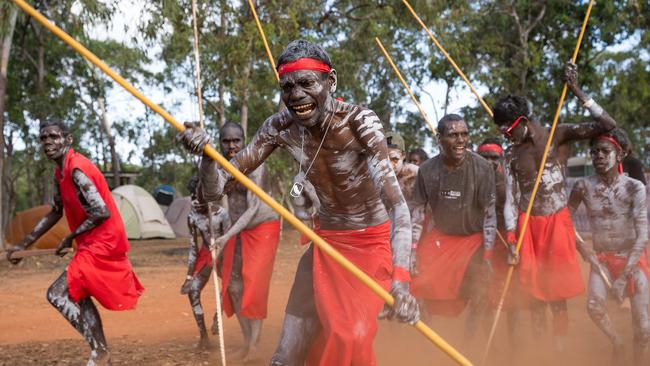
Mr Albanese was confident the referendum would find momentum in the “final period” before the vote, widely anticipated to take place in mid-October.
“Australians aren’t yet focused on what the question is, what the detail of it is,” he said.
“I’m confident that when they focus on what it is about, which is recognition and listening in order to achieve better results, that they will embrace the opportunity that is there.”
Mr Albanese said the Voice would “lift the nation,” but “not at the expense of anyone”.
“There is no downside here,” he said.
“We are all enriched by lifting up and celebrating Indigenous Australians.”
He insisted the referendum would ultimately be won through everyday conversations at family dinner tables, in offices and sporting clubs in the coming months.
“At the heart of all is a conversation between generations, young Australians talking to their parents and their grandparents about what this moment represents,” he said.
Mr Albanese spent two days at the Garma Festival in Gulkula, north-east Arnhem Land where he met with Indigenous leaders to consult on the referendum campaign.
“It is always easier to run a negative campaign rather than a positive one,” he said.
“But I am still confident. When you look at people who’ve looked at the detail … faith groups, sporting codes, business groups, trade unions, civil society groups, the feedback is very positive.”
More Coverage
Originally published as PM Anthony Albanese will reach out to Coalition to ‘maximise support’ for Voice legislation



